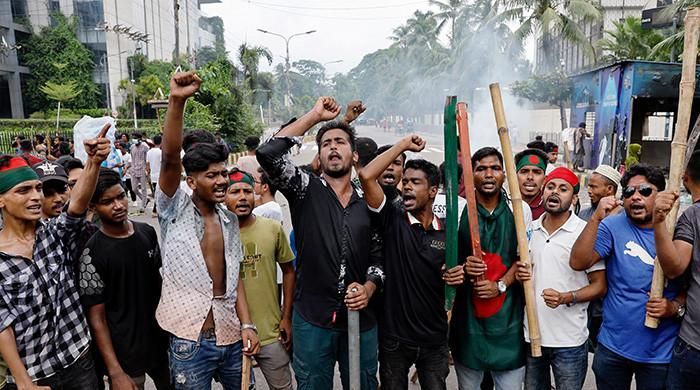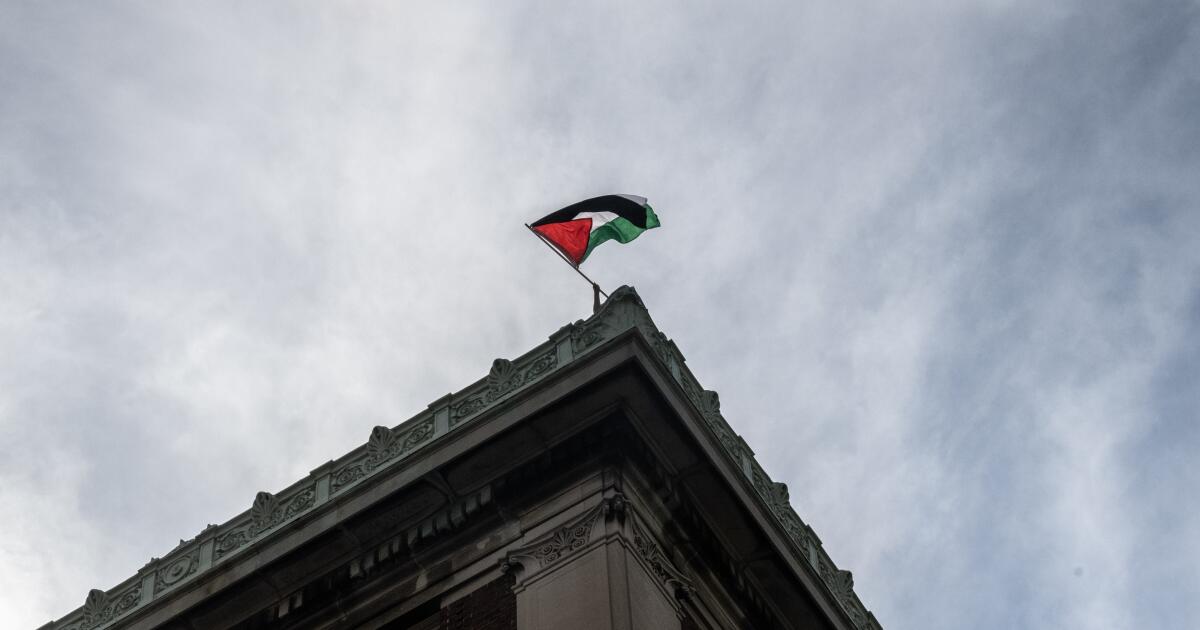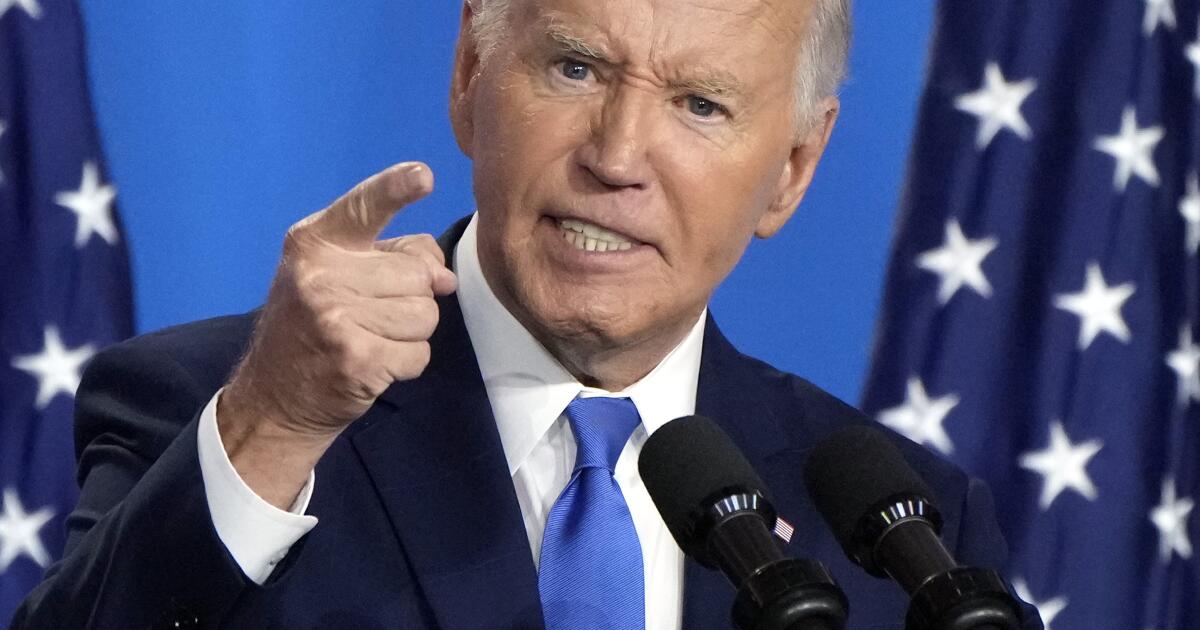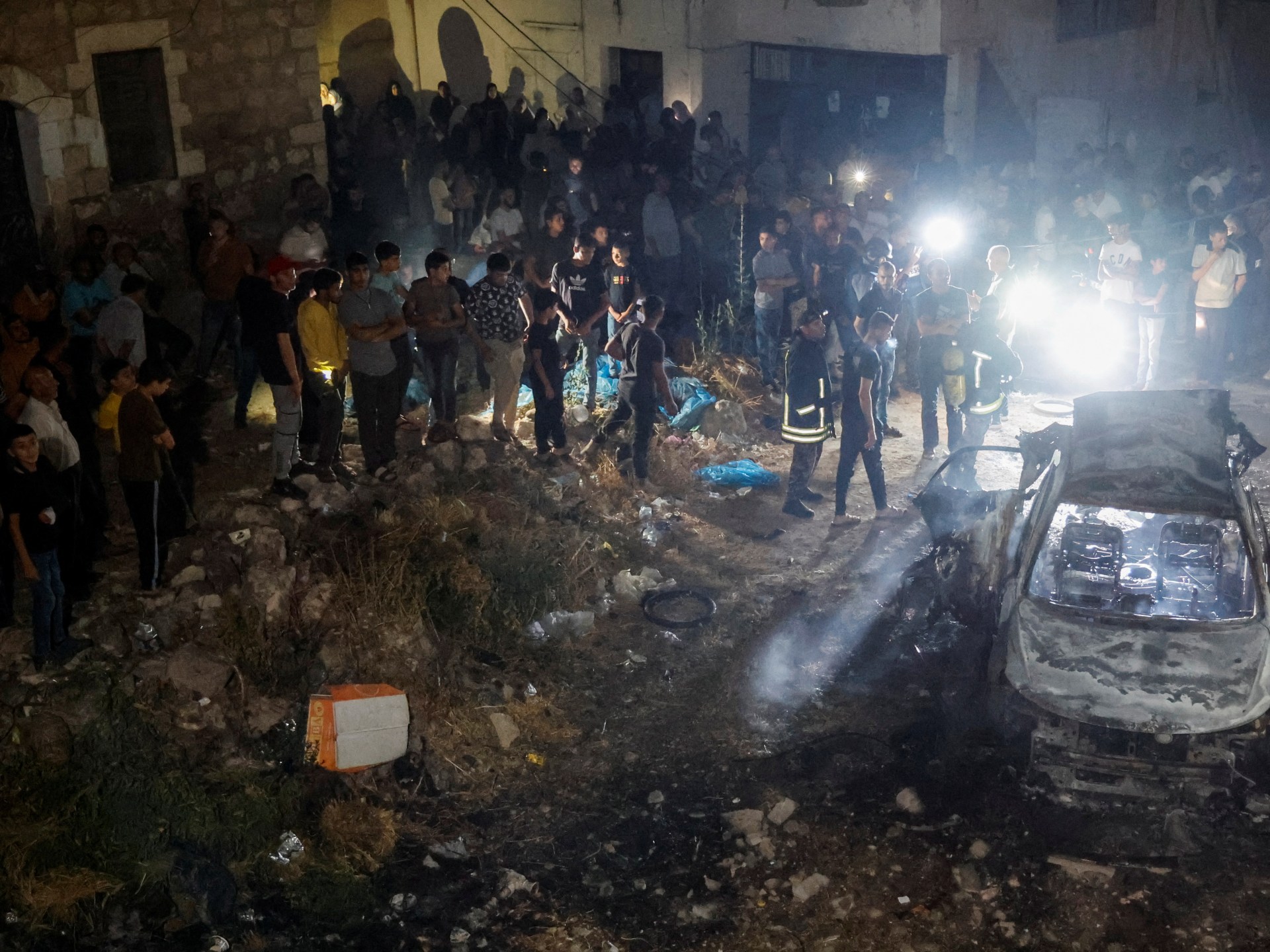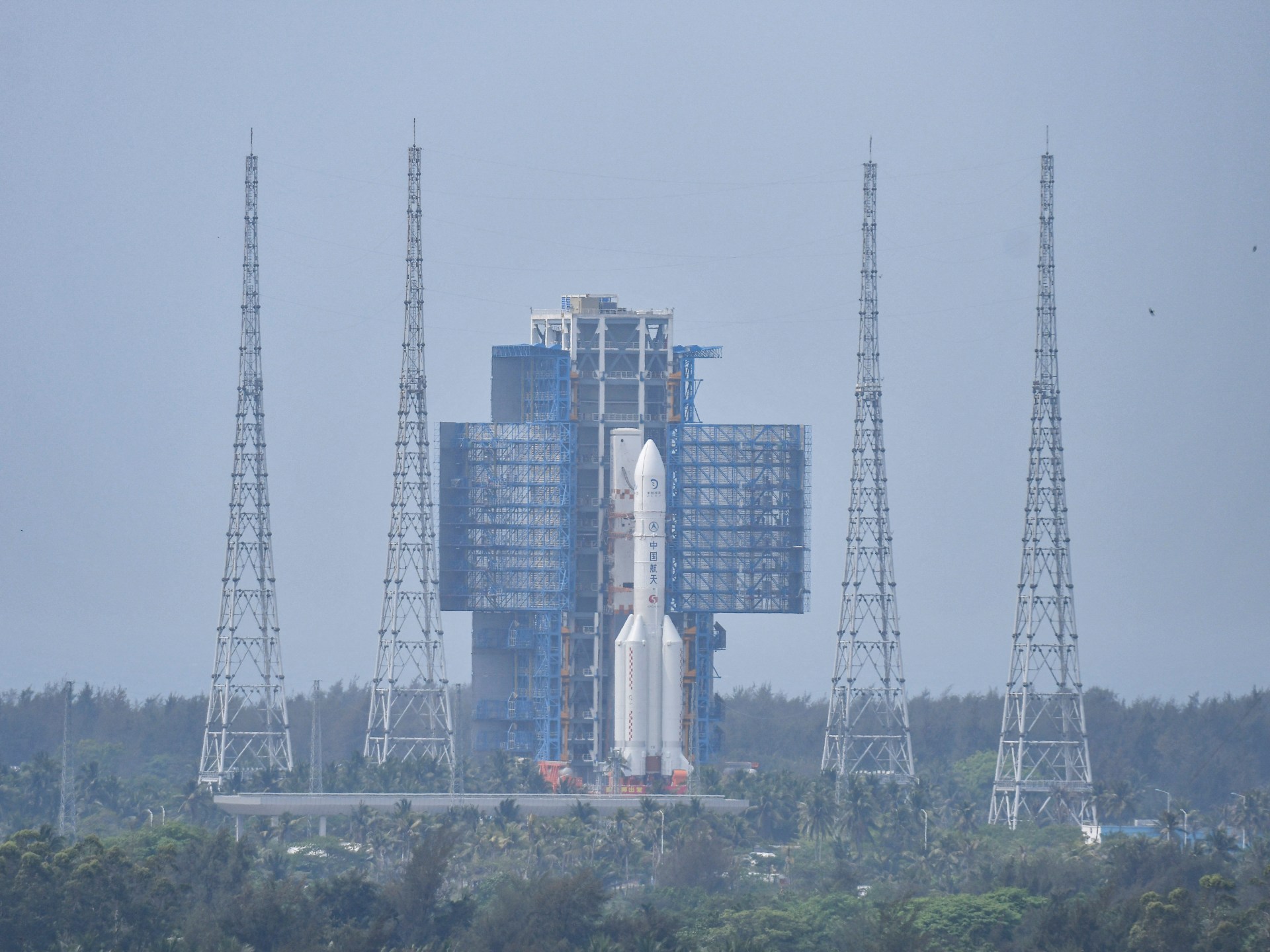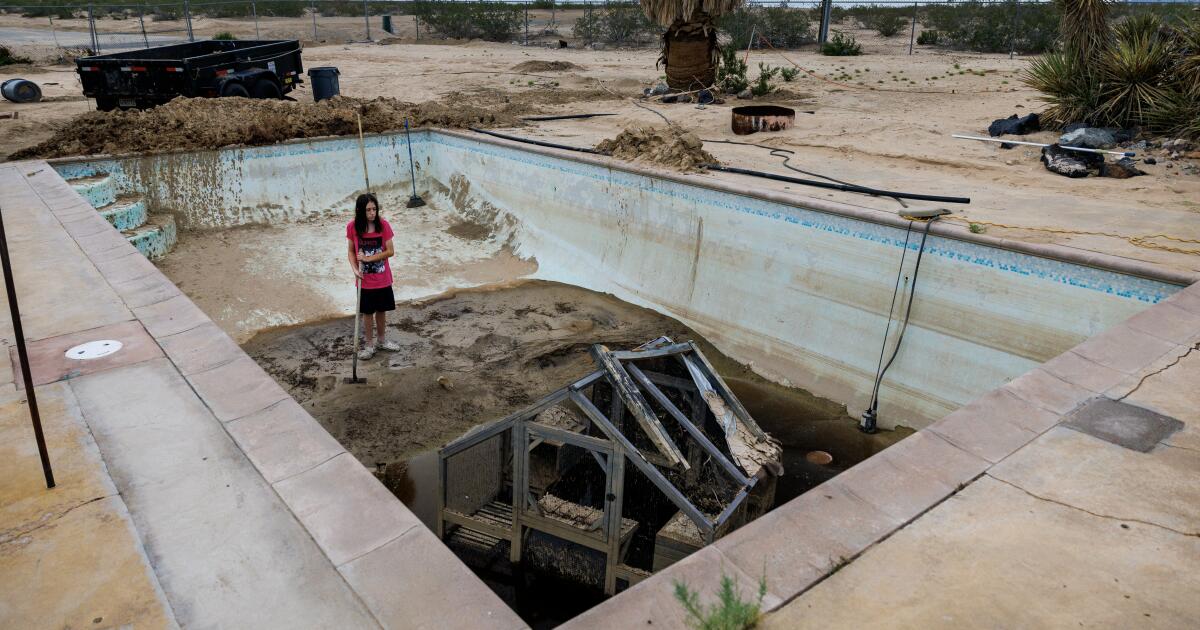- Prime Minister Hasina says 'those protesting are not students, but terrorists'
- Ministry of the Interior declares an indefinite curfew throughout the country.
- Protesters are demanding the resignation of Prime Minister Hasina.
DHAKA: At least 43 people were killed and hundreds injured in clashes in Bangladesh on Sunday as police fired tear gas and rubber bullets to disperse tens of thousands of protesters calling for Prime Minister Sheikh Hasina to step down.
The government declared an indefinite curfew across the country from 6 p.m. (1200 GMT) on Sunday, the first time it has taken such a measure during the ongoing protests that began last month. It also announced a three-day general holiday from Monday.
The unrest, which has prompted the government to shut down internet services, is the biggest test for Hasina since January, when deadly protests erupted after she won a fourth consecutive term in office in elections that were boycotted by the main opposition Bangladesh Nationalist Party.
Hasina's critics, along with human rights groups, have accused her government of using excessive force to suppress the movement, an allegation she and her ministers deny.
Protesters blocked major roads on Sunday as students launched a non-cooperation programme to push for the government to resign, and violence spread across the country.
“Those who are protesting on the streets now are not students but terrorists seeking to destabilise the nation,” Hasina said after a meeting of the national security panel, attended by the heads of the army, navy, air force, police and other agencies.
“I call on our compatriots to crack down on these terrorists with a firm hand.”
Police stations and ruling party offices were targeted as violence rocked the country of 170 million people.
At least five people were killed and dozens injured amid fierce clashes in several locations in the capital Dhaka, police and witnesses said.
Two construction workers were killed on their way to work and 30 others were injured in the central district of Munsiganj during a clash between three protesters, police and ruling party activists, witnesses said.
“They were brought to hospital dead with bullet wounds,” said Abu Hena Mohammad Jamal, superintendent of the district hospital.
Clashes
Police said they had not fired any bullets and that the injuries were caused by improvised explosives that detonated when the area turned into a battlefield.
In the northeastern district of Pabna, at least three people were killed and 50 wounded during a clash between protesters and activists of Hasina's ruling Awami League, witnesses said.
Three people were killed in violence in the northern district of Bogura, and 30 died in 12 other districts, hospital officials said.
“An attack on a hospital is unacceptable,” Health Minister Samanta Lal Sen said after a mob vandalized a medical college hospital and set fire to vehicles, including an ambulance, in Dhaka.
For the second time during the recent protests, the government suspended high-speed internet services, mobile operators said. Social media platforms Facebook and WhatsApp were unavailable, even through broadband connections.
Bangladeshi authorities on Sunday ordered the country's telecoms to shut down the 4G network, effectively disabling internet services, according to a confidential government memo seen by Reuters.
“You are requested to close all your 4G services until further notice, only 2G will be effective,” said the document issued by the National Telecommunications Monitoring Center, a government intelligence agency.
Telecom companies were previously told their licenses would be cancelled if they failed to comply with government orders, a person with direct knowledge of the matter told Reuters.
The telecoms regulator did not respond to calls from Reuters.
Last month, at least 150 people were killed and thousands injured in violence unleashed by student groups protesting against quotas for government jobs.
The protests stopped after the Supreme Court scrapped most of the quotas, but students returned to the streets in sporadic protests last week, demanding justice for the families of those killed.
“I think the genie is out of the bottle and Hasina may not put it back in,” said Shakil Ahmed, an associate professor of government and politics at Jahangirnagar University.
“The Prime Minister should immediately form a national government to facilitate greater unity.”

